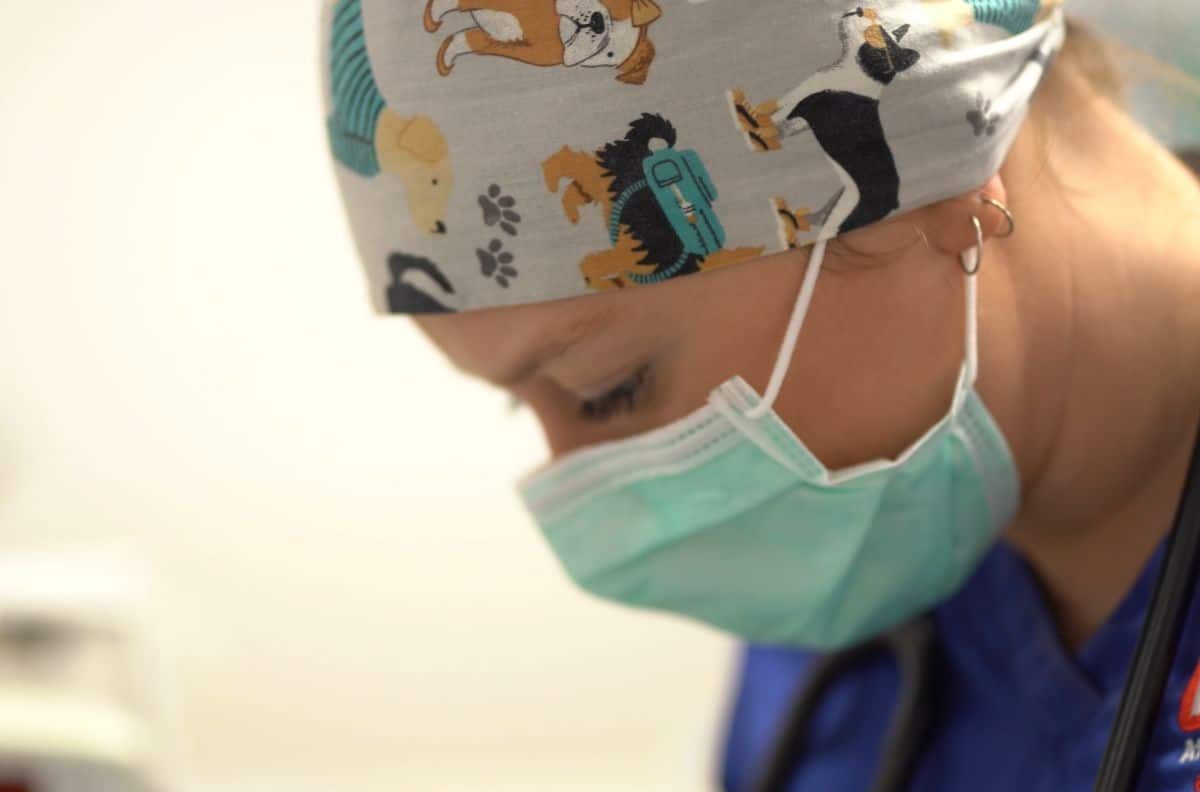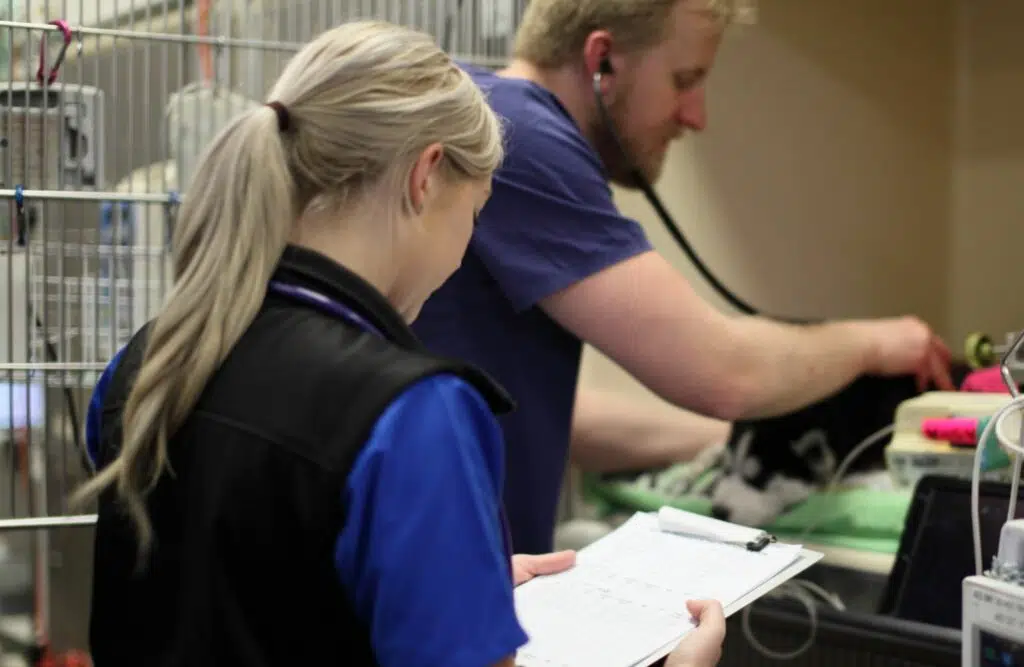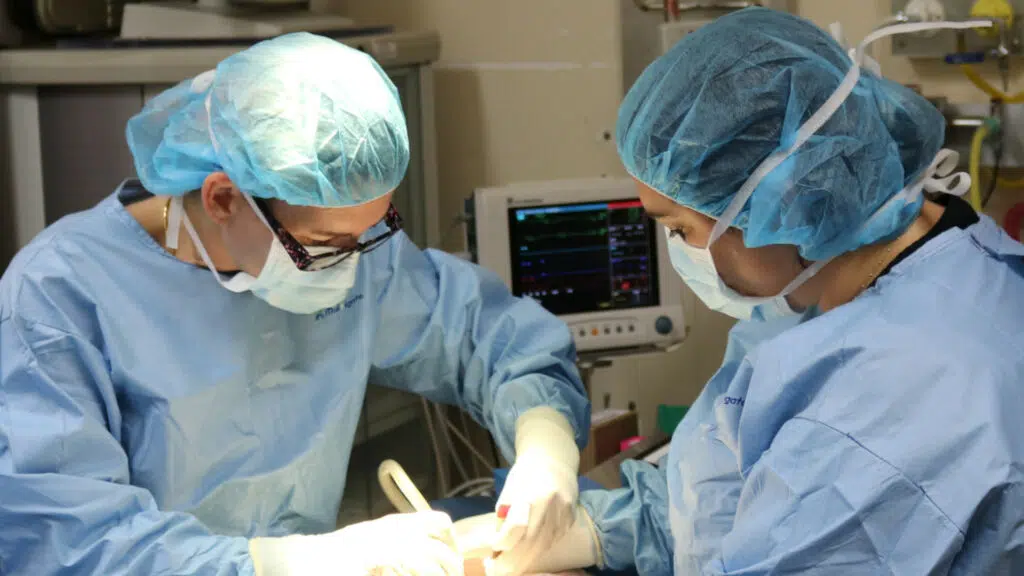Mental health and well-being are the current ‘buzz words’ in the veterinary industry, but what do they mean? Let’s start by defining them:
“Wellbeing can be understood as how people feel and how they function both on a personal and social level, and how they evaluate their lives as a whole.” (New Economics Foundation)
Mental health is “a state of wellbeing in which every individual realises his or her own potential, can cope with the normal stresses of life, can work productively and fruitfully and is able to make a contribution to her or his community.” (WHO)
It is no wonder we, as veterinary professionals, struggle with mental health challenges and frequently become less productive. That’s because we encounter stresses above and beyond what is considered ‘normal’. These stresses can often have a flow on effect into our personal lives and negatively impact our relationships and well-being.
Mental Health vs. Mental Illness
There is also considerable confusion about the difference between mental health and mental illness. Mental illness refers to a diagnosed mental health condition, whereas mental health is a ‘continuum’ and we all move up and down the scale on that continuum. Where you are on the continuum depends on a complex interaction of many variable and fixed factors.
If these factors are managed well, it is possible for people with a diagnosed mental illness to experience good mental health. It’s also equally possible for people without a diagnosed mental illness to experience poor mental health if the factors are ignored. Unfortunately, this confusion has contributed to the long-standing stigma around poor mental health in the vet industry and reluctance to seek professional help.
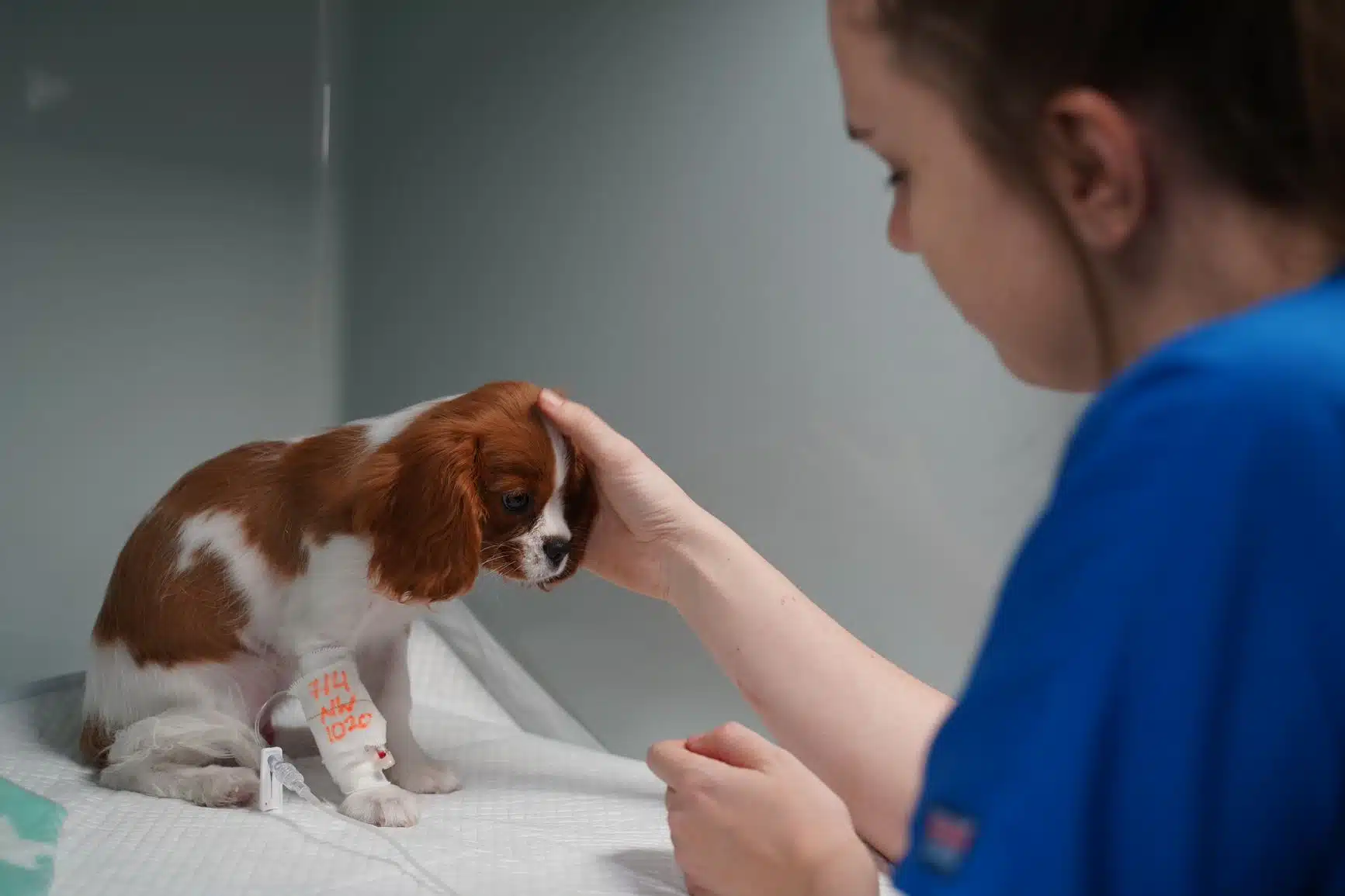
So, are you proactive or reactive with your mental health?
The main difference between being proactive or reactive is that reactivity is an automatic response to a difficult emotion, painful stimulus, symptom, or warning sign. On the other hand, proactivity towards mental health involves taking steps to prevent these problems from arising in the first place. In other words, learning the skills so we act more effectively even when we are stressed.
Being proactive is far more beneficial and has the capacity to protect and enhance our mental health. This means that when we deal with the inevitable stressors of the profession, we will be starting from a much stronger position (higher up the mental health ‘continuum’). Therefore, we’re much less likely to slide as far down the continuum and reach a crisis point.
It is also important to understand that difficult emotions are normal responses to challenging situations and thoughts. And it is not a sign of weakness to feel overwhelmed. Veterinary professionals commonly judge themselves for not coping well. The ‘I should be able to manage this’ mentality – instead of looking after their mental health. This reluctance to admit vulnerability serves to exacerbate the situation and, if appropriate help is not sought, eventually leads to burnout and career disillusionment.
What factors affect our mental health, and can we control them?
- Genetic – no control. Some people are genetically predisposed to developing a mental illness which affects their mental health continuum
- Environmental – varying degrees of control or influence over such things as workloads, clients, case management and outcomes, co-workers, managers
- Personal – our level of self-awareness of our thoughts and feelings and how we are responding to them (our actions/behaviours). Self-awareness and behaviours are within our control, thoughts and feelings are not.
If we can be aware of and control our personal interactions – in other words, act like the type of person we want to be, irrespective of what we are thinking or feeling in the moment – then our personal and professional relationships will benefit and so will our mental health.
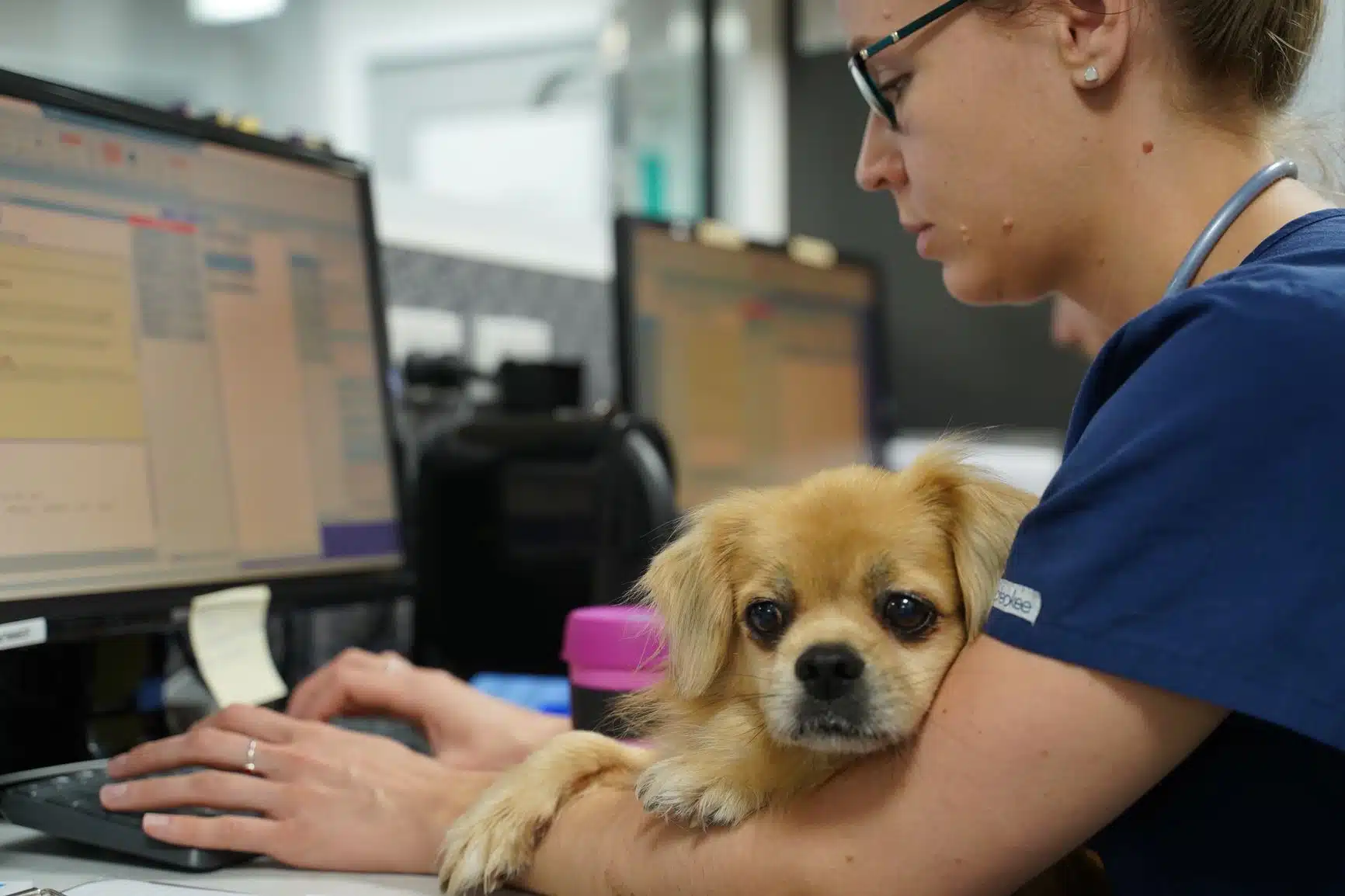
What does this mean for veterinary mental health?
Most people in the profession have heard about and witnessed the mental health issues and attrition rates of vets and nurses from the veterinary community. The reasons for this are multifactorial, including:
- Heavy workload
- Long hours or shift work
- Negative client/team interactions
- Reports to the VSB (Veterinary Surgeons Board)
- Stressful aspects of the job including euthanasia, case outcomes, vicarious trauma, moral injury
- Personality traits such as those associated with perfectionists, high achievers, compassionate people
- Low remuneration
- Work/personal life imbalance
Signs of Impacted Mental Health
How do we recognise signs in ourselves and others that we may be starting to ‘slide down’ the continuum of mental health? Some key signs to look out for may include:
- Changes in interactions with others: becoming withdrawn, irritable
- Changes in sleep patterns: insomnia or sleeping more
- Changes in appetite: reduced or increased (changes in weight)
- Feeling sad and teary
- Feeling anxious: situational or generalised (racing heart, shaking hands, worrying)
- Lack of enthusiasm for cases and loss of compassion for clients and patients
- Lethargy and feeling like everything is too much effort/ disengagement
- Tired all the time
- Headaches, nausea, diarrhoea, aches, and pains
- Dread going to work – increased absenteeism
- Suicidal ideation
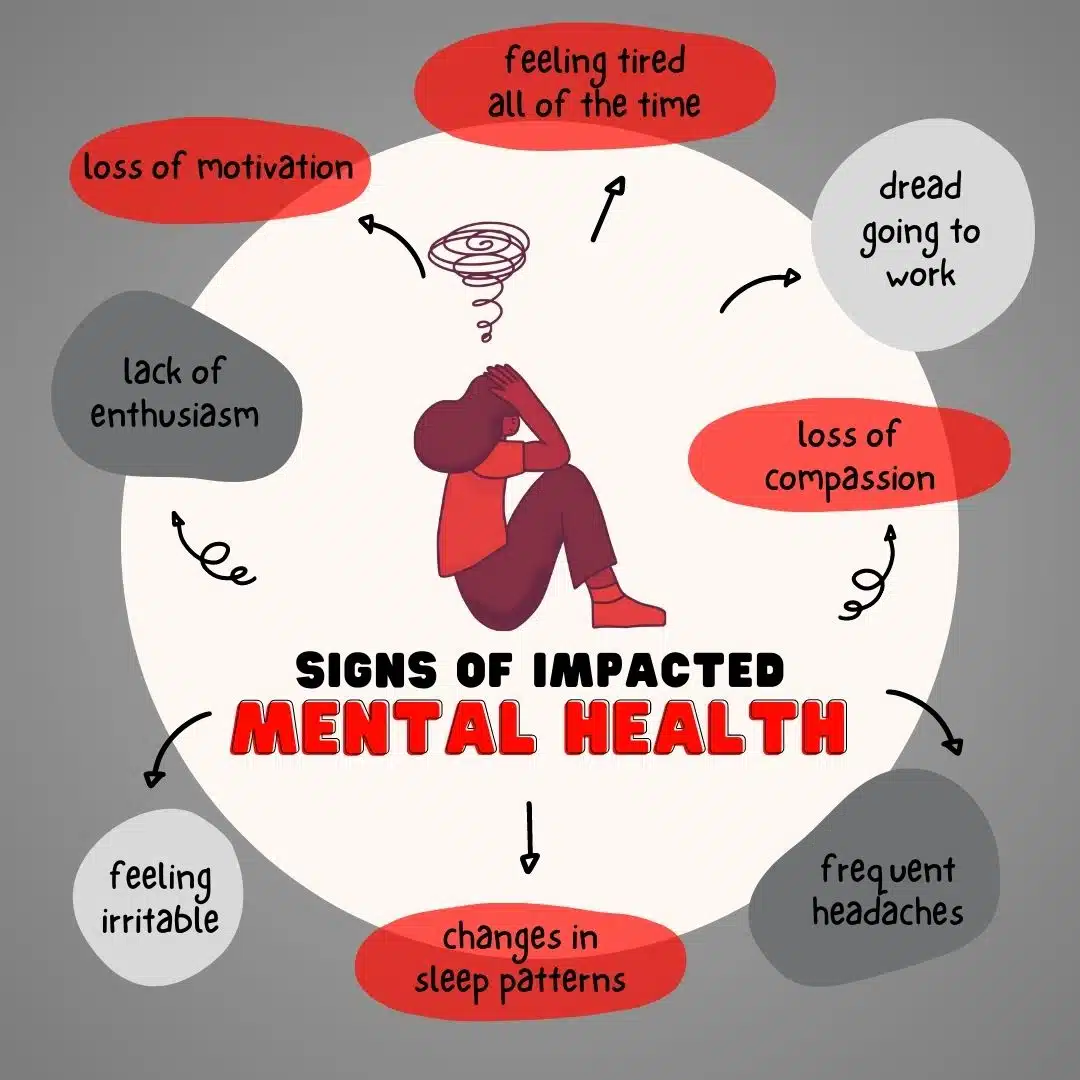
How can we help ourselves if we start to experience mental health signs or symptoms?
If beginning to note signs of impacted mental health, it’s vital to consider which strategies you have available, and which will be most appropriate and helpful for your situation. Some of these can include:
- Talking about them with trusted friends or relatives
- Opening up about them to a trusted team member or manager
- Prioritising self-care
- Seeking professional help from a GP, counsellor or psychologist to learn effective strategies to proactively deal with difficult situations and the associated thoughts and emotions
- Developing self-awareness and practising self-compassion (watch that inner critic!)
- Utilising self-help books or apps
- EAP (Employee Assistance Program)
- Telephone helplines
Ignoring, worrying, or ruminating will all lead to exacerbation of the symptoms. They may lessen for a short time but will always recur – usually worse than before. Self-help books and apps are useful but limited – opening up and talking about our feelings and the effect they are having is often far more helpful. Being heard, acknowledged, validated, and knowing we are not alone is extremely important.
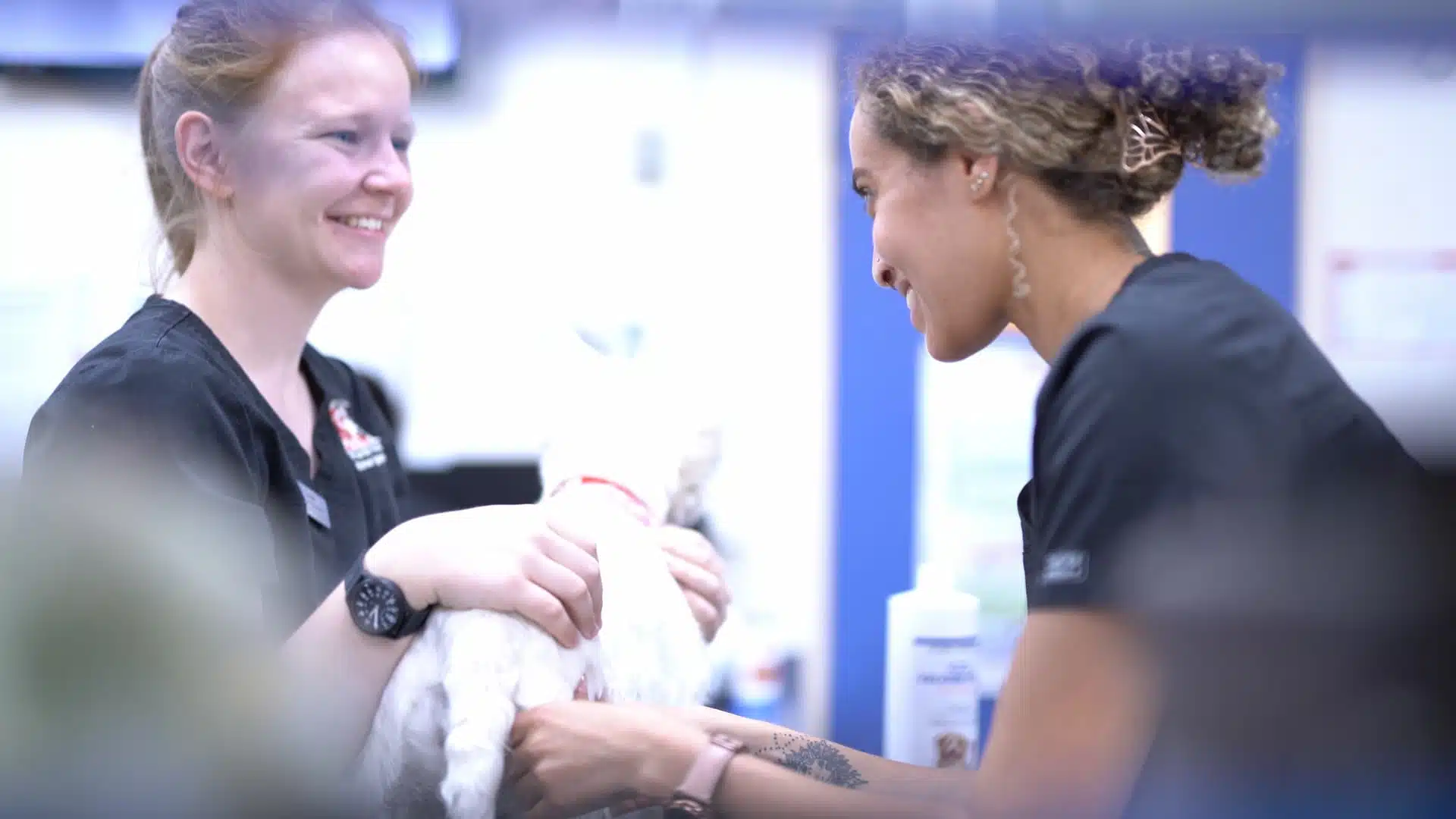
How can employers offer mental health support to employees?
As a veterinary employer, there are several ways that you can provide meaningful and impactful mental health support for your employees. Some of these include:
- Leading by example
- Ensuring managers are skilled in emotional intelligence (EQ)
- Regulating work schedules and allowing staff to take adequate breaks
- Promoting strengths-based work roles
- Providing adequate training and mentoring support
- Approaching mistakes as an opportunity for learning/growth
- Have a trained MHFA (mental health first-aid) officer in every workplace
- Prioritise mental health: encourage open discussion/removal of stigma
- Providing access to effective debriefing opportunities: individual and team
- Helping to cultivate a collaborative, supportive and inclusive workplace culture, where people feel psychologically safe
How can employees offer mental health support to colleagues?
And as a colleague, there’s plenty that you can do to help support the mental health of other veterinary professionals in the workplace. By incorporating the below actions into your work, you can help to build a supportive mental health culture in your team:
- Be mindful of symptoms of poor mental health: ask the R U OK question
- Be empathic to admissions of vulnerability and be willing to show vulnerability
- Encourage struggling colleagues to prioritise their mental health: offer support
- Embrace a team approach to workload: share the load e.g. euthanasias
- Encourage debriefing, be a supportive listener
- Promote strengths in others
- Encourage learning opportunities from mistakes
- Remember your manager/employer is a team member too and deserves support, compassion and understanding
Putting Veterinary Mental Health in Perspective
The veterinary profession is dynamic, and it is normal to experience difficult thoughts and emotions in response to the many challenging situations that arise. If our coping mechanisms are inadequate, our mental health will suffer. Therefore, it’s vital to promote workplace cultures that are mindful of the factors contributing to these challenges and encourage people to be proactive in looking after their mental health.
Removal of stigma is imperative: it is a strength to seek help.
Individual counselling can empower veterinary workers with effective life-skills and strategies, so they are more able to respond effectively when inevitable challenges arise. Early intervention and a proactive approach are important, which allows for the development of coping skills before passion for veterinary work is lost or a crisis is reached.
A thriving veterinary industry is possible; we just need to be proactive!

Authors: Dr Kathryn James BVSc (Hons), Dip Couns, Cert IV TAE and Dr Deborah Webb BVetMed, MANZCVSC, Dip Couns
Veterinary Vitality | Experienced Veterinarians | Counsellors
Dr Kathryn James and Dr Deborah Webb are experienced veterinarians and qualified, registered counsellors, who have a deep understanding of the joys and challenges of being in the veterinary workforce. They established Veterinary Vitality for the veterinary community to access counselling and wellbeing services provided by people who have this level of insight into the profession.
Their focus is to help others in the industry enjoy meaningful, rewarding careers and personal lives without succumbing to the struggles that are becoming increasingly common in the profession. They take a holistic approach, using evidence-based strategies such as talk-therapy, Acceptance and Commitment Therapy (ACT), Cognitive Behavioural Therapy (CBT), Solution-Focussed Therapy (SFT) and Positive Psychology. The counselling and wellbeing sessions are a confidential, safe space in which anything can be discussed.
“We get you! We can help you drop the struggle and regain your mojo.”
To find out more about Veterinary Vitality and the resources and services they offer for veterinary professionals, head to the Veterinary Vitality website, contact them at [email protected], or follow Veterinary Vitality on Facebook and Instagram.

